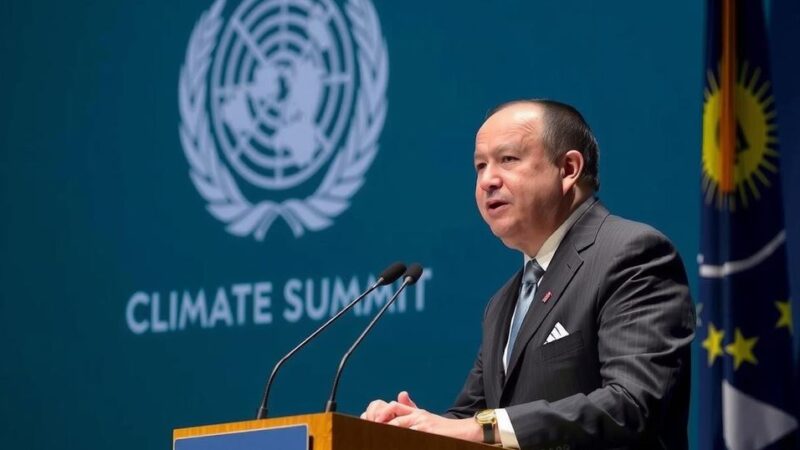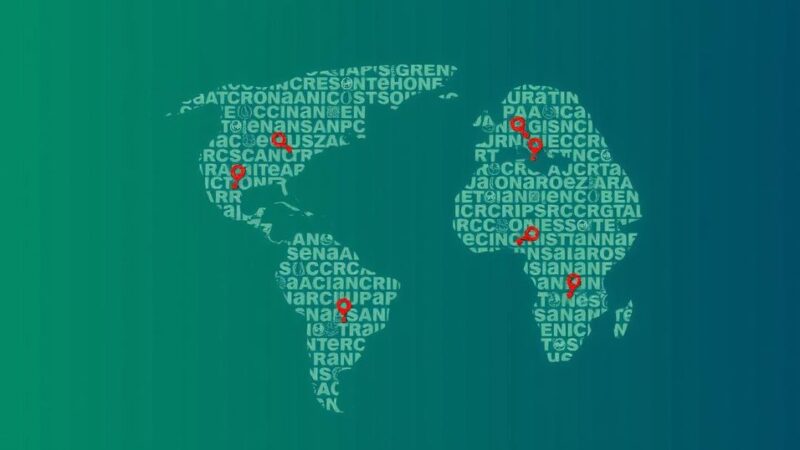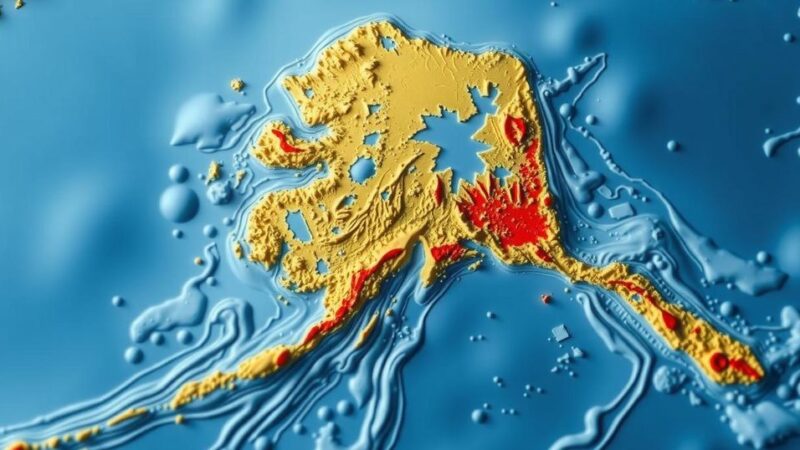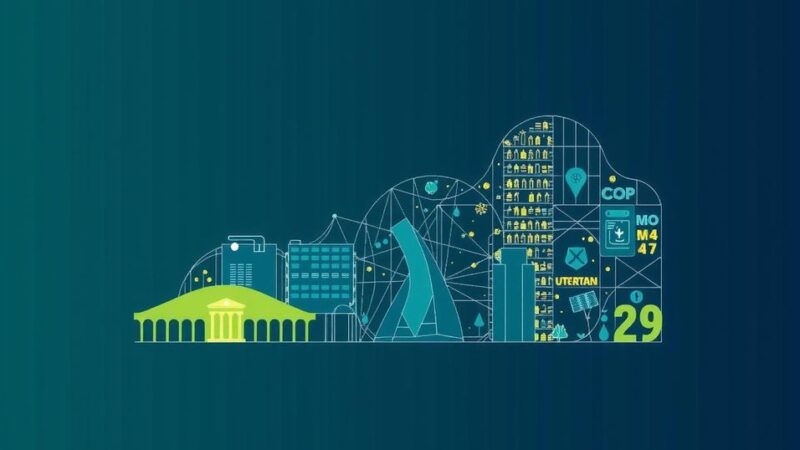Amitav Ghosh has been awarded the Dutch Erasmus Prize for his literary exploration of climate change and its effects, particularly in the Indian subcontinent. The prize, recognizing notable contributions to the humanities, includes a 150,000 euro monetary award. Ghosh has been commended for his ability to blend environmental themes with human stories to inspire hope and change.
Amitav Ghosh, the esteemed Indian novelist, has been awarded the prestigious Dutch Erasmus Prize for his profound literary contributions highlighting climate change and its ramifications for humanity, particularly within the Indian subcontinent. The Erasmus Prize, to be conferred by King Willem-Alexander of the Netherlands, recognizes exceptional contributions to the humanities, social sciences, or arts on a global scale and includes a monetary award of 150,000 euros (approximately $157,000).
The prize committee remarked that Ghosh has extensively explored the daunting challenge of climate change, stating, “Ghosh has delved deeply into the question of how to do justice to this existential threat that defies our imagination.” The Praemium Erasmianum Foundation, which administers the award, acknowledged Ghosh’s analysis of the intricate relationship between climate change and human existence on the Indian subcontinent. His novel, “The Hungry Tide,” addresses the plight caused by rising sea levels in the Sundarbans—the largest mangrove forest in the world.
A prominent figure in contemporary literature, Ghosh’s works frequently intertwine political themes with environmental issues, as exemplified in “The Great Derangement,” which frames climate change within discussions of war and trade. The prize committee praised Ghosh for his capacity to foster hope amid despair, elaborating that, “Through understanding and imagination he creates space for hope, a prerequisite for change.”
Born in Kolkata, Ghosh has garnered numerous accolades over his illustrious career, including the 2018 Jnanpith Award, which stands as India’s highest literary honor.
The Erasmus Prize is one of the most distinguished awards in the Netherlands, aimed at recognizing significant contributions to the humanities and social sciences. Amitav Ghosh is celebrated for his storytelling skills that illuminate pressing social issues, particularly the impacts of climate change on vulnerable populations. His works often reflect a deep commitment to addressing ecological concerns through a literary lens, making him an influential voice in both literature and activism. Ghosh’s novels frequently shed light on the intricate connections between culture, history, and the environment, revealing how intricately human affairs are interwoven with natural changes. The acknowledgment of his literary contributions through the Erasmus Prize highlights the increasing recognition of environmental literature as an essential component of contemporary humanities discourse.
Amitav Ghosh’s receipt of the Erasmus Prize underscores the vital role of literature in addressing global challenges such as climate change. His works not only reflect deep insights into environmental issues but also inspire hope and action, encouraging a broader understanding of humanity’s relationship with nature. As awareness grows about the ramifications of climate change, Ghosh’s literary legacy positions him as a pivotal figure advocating for change through powerful storytelling.
Original Source: www.rfi.fr






